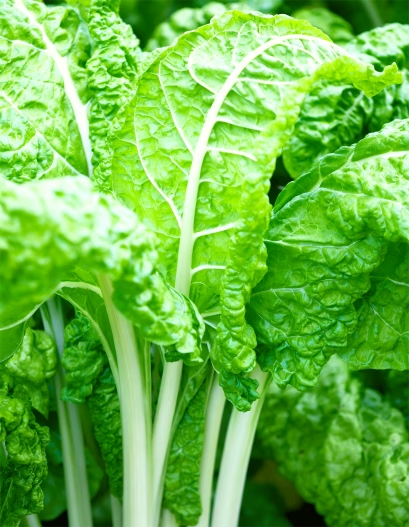Bok Choy is rich in vitamins and minerals, and its high fiber content can help promote bowel movements. It can be prepared in a variety of ways, from stir-frying it plain to scrambling with mushrooms, bamboo shoots, or eggs. It can also be made into a delicious bok choy tofu soup. However, some people find it bitter and dislike it. What cooking techniques can help remove the bitterness?
Bok Choy is Nutritious
Bok Choy contains high fiber content, which can help promote bowel movements. It is rich in vitamins B1, B6, and pantothenic acid, which can relieve stress. Bok Choy is high in calcium, containing four times the amount of calcium as Chinese cabbage, which promotes bone development and boosts immunity.
Bok Choy is rich in carotene and vitamin C, which can promote skin cell metabolism and slow aging.
Why is Bok Choy and some other vegetables bitter?
Some people dislike Bok Choy because they find it bitter. Pak choy belongs to the cruciferous family, which also includes many other vegetables, such as common broccoli, cabbage, bok choy, and mustard greens. These vegetables contain a substance called glucosinolates, which, when broken down by myrosinase, produce a bitter taste.
Normal levels are maintained. However, if there are unusual changes before or after harvest, such as insect infestation, water shortages, improper cultivation methods, excessive fertilizer or pesticide concentrations, lack of post-harvest cooling, or other damage, these can trigger a series of chemical reactions in cruciferous vegetables, producing this bitter taste. This is a built-in defense mechanism.
Although bitter, the unique secondary metabolites of crucifers—glycosides—have been widely documented to possess numerous physiological activities, such as tumor inhibition, antioxidant activity, and increased detoxification enzyme activity, providing numerous benefits to the human body.
How to reduce the bitterness of vegetables? Here are three tips!
- Wash leafy vegetables carefully under running water.
- Blanch the vegetables before cooking (half-cook). Add a little oil to the blanching water to enhance their color.
- Heat the wok and oil, sauté until fragrant. Add the blanched bok choy and stir-fry for about 20-30 seconds. Avoid overcooking the vegetables (which typically turn yellow and shrivel), as this will enhance their bitterness.
Cooking leafy vegetables this way can often reduce their bitterness. Carefully washing can help avoid pesticide residue, and briefly blanching can remove some of the bitterness. Avoiding overcooking vegetables is also a way to preserve their freshness and sweetness.


Leave a Reply